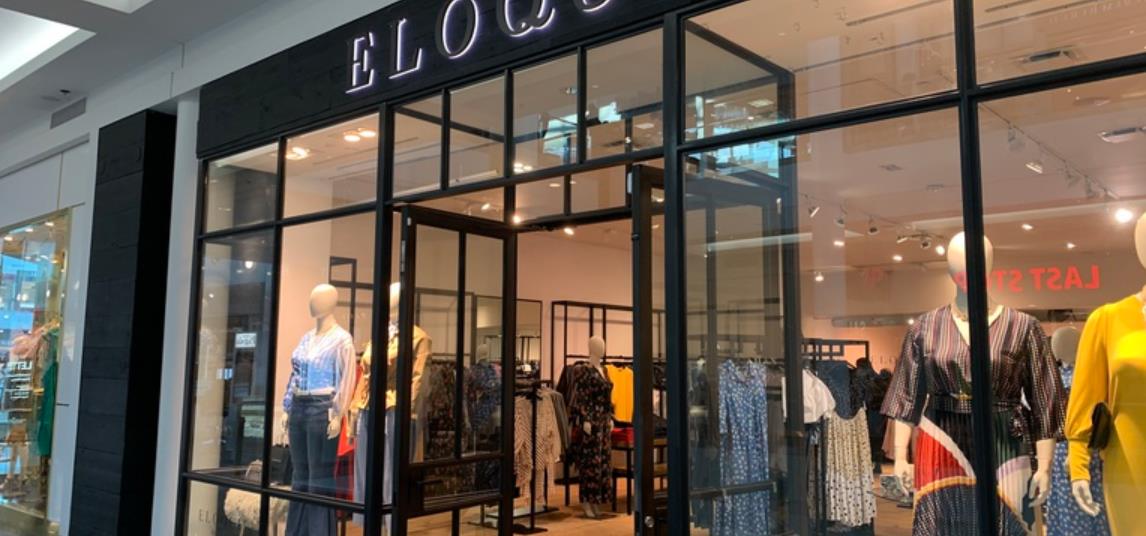Industry Trends
Fashion industry says purchase order cancellations will endure in Q3 and beyond
Source:China Sport ShowRelease time:10-Aug-2020Clicks:
Article From:supplychaindive

Dive Brief:
A full 100% of fashion industry executives reported postponing or canceling apparel sourcing orders this year due to the pandemic, according to a survey of leaders from 25 fashion retailers, importers and wholesalers conducted for the United States Fashion Industry Association's 2020 Fashion Industry Benchmarking Study.
More than 60% of retailers in the survey said they have canceled or postponed less than one-third of their total orders. However, nearly 50% said the order cancellations and postponements go beyond the second quarter of 2020 and another 40% believe they could remain in effect until Q4 or later.
Beyond the impact of COVID-19, fashion leaders listed U.S. "protectionist trade policies" as a top business concern for the third year in a row — making sourcing diversification an enduring resilience strategy. Twenty-nine percent of leaders surveyed said they now source more from Vietnam than they do from China, up from 25% in 2019.
Dive Insight:
Outside of the coronavirus pandemic, the fashion industry's concerns remained largely similar to 2019. Increased sourcing costs, supply chain risks and compliance, and diversification remain key challenges.
Despite reduced optimism about the industry's future due to the outbreak, 90% of respondents plan to increase hiring over the next five years, particularly in production and supply chain roles, the report found.
China remains the foremost location for apparel sourcing and manufacturing even as fashion companies diversified their sourcing throughout Asia, and to lesser extents, in Mexico and Sub-Saharan Africa this year.
The long-term focus of a China+1 strategy is to enhance resiliency, but USFIA's survey respondents said this effort has come with increased labor and compliance costs. While cheaper labor can be found outside of China, where median income levels are on the rise, the trade-off is the risk of unethical and/or unsustainable production practices. As a result, firms can expect to spend additional time and resources to find partners outside of China that meet quality and compliance standards.
The widespread economic impact of the coronavirus pandemic has forced many firms to operate with less cash. In USFIA's survey, 90% of companies expect decreased sales revenue this year due to the collapse in consumer demand.
Fashion companies have at times delayed and/or canceled orders because of low demand, which in turn have negatively affected suppliers in Bangladesh and India especially, according to the report. "Respondents seem to be more 'careful' about canceling orders coming from Vietnam," USFIA said, due to many regarding it as the "next China" for apparel sourcing. Some companies, notably H&M, have committed to paying their suppliers for orders already in production.
Outside of Asia, the U.S.-Mexico-Canada Agreement's entry into force in July has sparked renewed interest in shifting sourcing and manufacturing to the region, the report found, though the new NAFTA's complex rules of origin requirements for apparel are proving a barrier to entry for some, particularly denim producers.
The agreement allows textile fibers to be produced globally, but components such as "sewing thread, pocket bag fabric, and narrow elastic bands" need to be sourced in one of the three participating countries to qualify, USFIA's report notes.
Tim Yu, a supply chain risk intelligence analyst at Resilience360, previously told Supply Chain Dive that firms should use supply chain mapping work to understand whether their current sourcing mix will allow them to take advantage of the USMCA's benefits.
©2008-2025 CHINA SPORT SHOW, All Rights Reserved(京ICP备05083596号-2)




